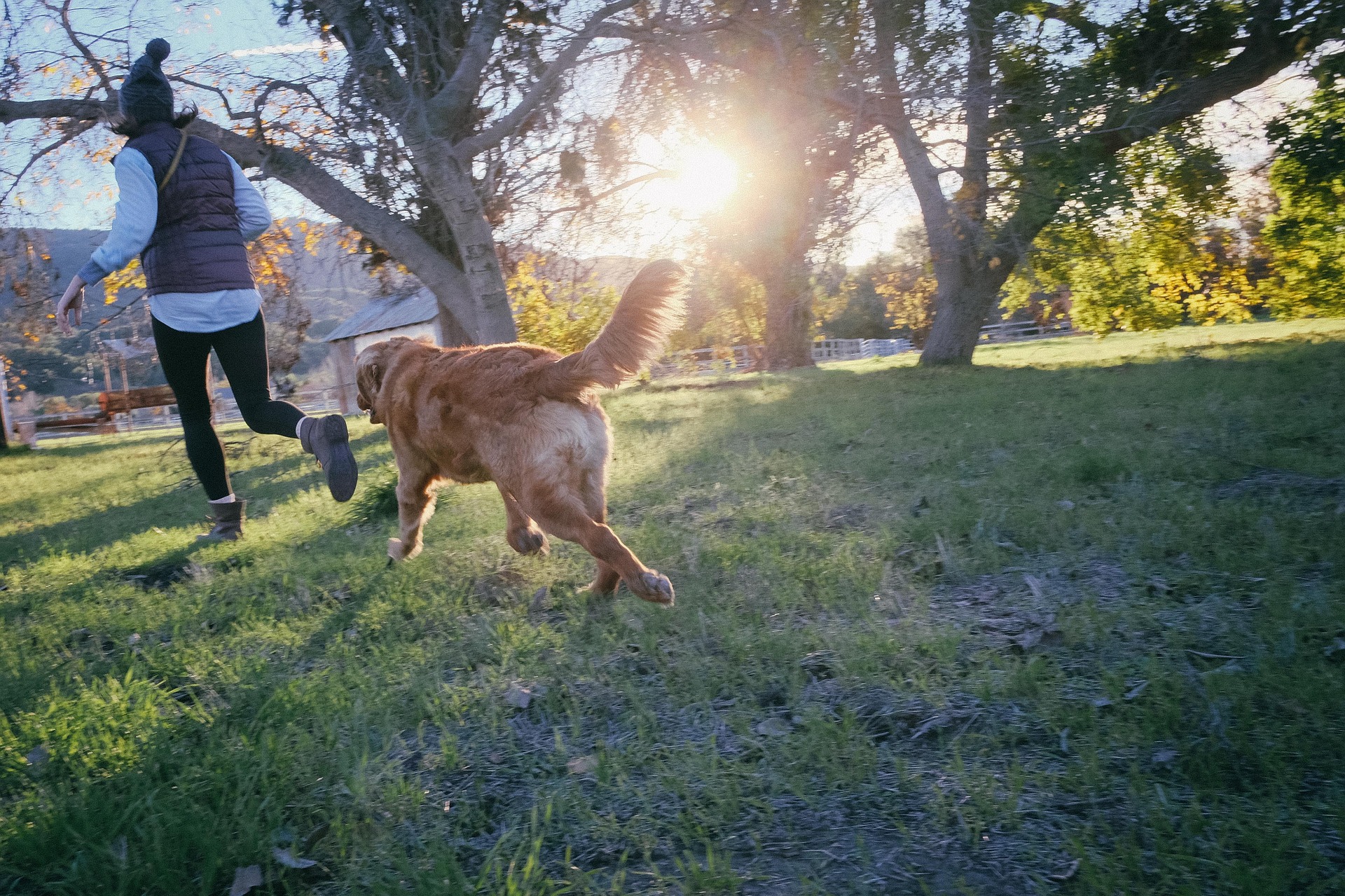Owning a dog will be a big responsibility and requires a major commitment on your behalf. A dog will depend on you for all of its basic needs and return the favor with loyalty, friendship, and devotion.
Things to Consider Before You Find a Dog
Figure out what type of dog will best complement your lifestyle, and what time of time commitment you can make to him. If you‘re active or outdoorsy, you might choose a bigger dog that will need the exercise and energy release more often. If you don‘t have as much room or the right vehicle to handle a big dog, a smaller breed could be the way to go.
Make sure you or a family member doesn‘t have allergies that could be affected by having a dog in your home. If so, research which dogs are less allergen prone and shed less if you still wish to pursue dog ownership.
Assess your living arrangements to be sure it will be a good fit and safe for the type of dog you want. Some rentals may have breed or weight restrictions for dogs on their property.
Think about the dog‘s temperament. Does he need to be good with kids or other types of pets? Training will be important, so be ready to enforce good training habits and even take your dog to classes.
Consider adopting your dog from a local shelter. Puppies are adorable but will definitely demand a larger time commitment and training regimen. Most rescue dogs are older, but have been spayed or neutered and are screened for health and temperament problems. Be prepared for questions from the shelter or rescue organization regarding your home and it‘s suitability for keeping a dog.
Get Your Home Ready
Make the transition to dog ownership easier by preparing your home and family for its newest member. Dog-proof your home by picking up children‘s toys and keeping them off the floor. Move other chewable and breakable objects to a higher location. Remove poisonous plants from areas around your home and yard that the dog will occupy. Move electrical cords out of reach to prevent injury. Block off areas that you would like off-limits, like shutting bathroom doors or putting up a gate at stairs.
If you have a yard, make sure the fence is secure. Look for areas that could be chewed through or dug under. A dog run or invisible fence is another option for keeping your dog on your property. If you do not have a fenced option, keep your dog on a leash while walking around your neighborhood.
Some things to pick up at your local pet store before your pet arrives home would include a collar, leash, food, treats, toys, grooming tools, and any other necessities to make your dog comfortable. Don‘t forget to make a bed for your new companion. A comfortable area, whether it‘s a mat, crate, or pile of blankets, will be a welcome retreat for your new dog when he needs to rest or take a break.
Finally, have a schedule for family members to help with responsibilities. Assign feeding, walking, cleanup, veterinary visits, and grooming tasks to remind everyone when to get things done.
Bringing Home Your New Buddy
Name your newest family member so he can be greeted properly and give him a warm welcome. Your new dog may need to be introduced slowly. Give him time to adjust to his new family and environment. Show him his bed and let him explore his new home.
Teach good habits and simple commands from day one to limit behavior problems that lead to people giving up their dogs. You can even give them refresher training courses every few years to keep up those good habits.
Be your dog‘s best friend. Commit your time and energy by taking your dog for walks, socializing with other dogs, playing, petting, and loving on him. It‘s a huge responsibility, but your new fur-faced family member will be one of the best investments you have ever made.
